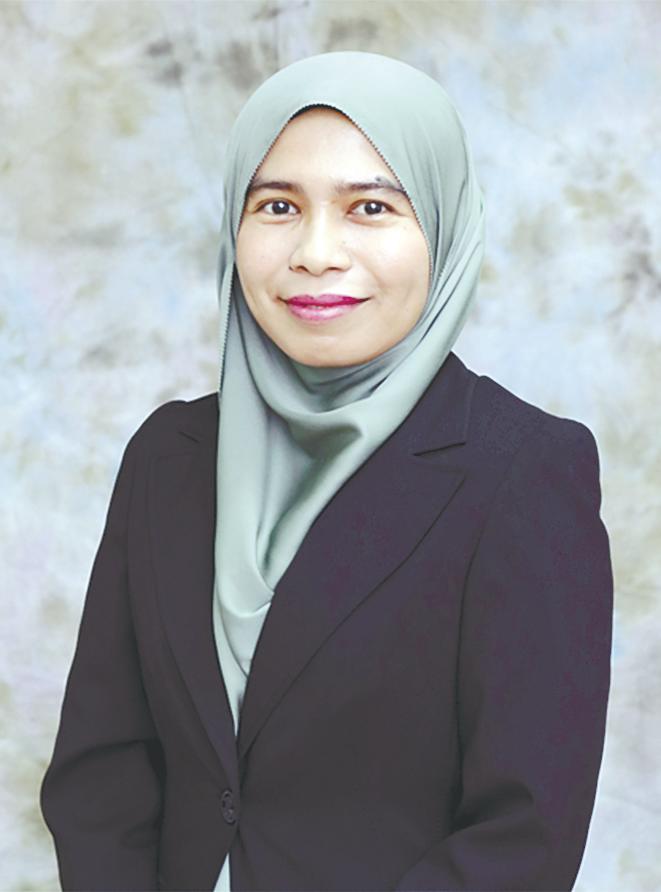PETALING JAYA: At least 10% to 12% of women aged between 20 and 35 could be suffering from polycystic ovarian syndrome (PCOS) hormonal disorder, while many under age 20 are joining the numbers diagnosed with the condition due to obesity.
Universiti Putra Malaysia Department of Obstetrics and Gynaecology clinical lecturer and specialist Dr Nurul Iftida Basri (pic), said most women with the disorder would have had it for at least three to five years before being diagnosed.
“While studies indicate about 10% to 12% of women of reproductive age in Malaysia have PCOS, many remain undiagnosed. This would mean
the actual prevalence could be
much higher,” she told theSun in conjunction with PCOS Awareness Month, which is in September
each year.
Nurul Iftida said most women
will either have irregular periods
or experience no periods (amenorrhoea) for more than six months due to hormonal imbalances.
As a result, the affected women will suffer from excessive hair growth and acne, which may affect their
self-esteem, and cause stress or depression due to their appearance.
She said PCOS patients are commonly overweight or obese, and more prone to suffering from diabetes and high blood pressure, high bad cholesterol
levels and cardiovascular disease, apart from problems conceiving.
“PCOS also affects fertility. The hormonal imbalances result in an absence of ovulation, leading to irregular periods and infertility. They also commonly have poorer quality oocytes (eggs) compared with their peers.”
Nurul Iftida said women diagnosed with PCOS are treated
with hormones to regularise their menstrual cycles and ensure timely ovulation to improve egg quality.
“The first line of treatment is weight reduction, which is the most challenging for most women.”
She said while there are other treatments for weight reduction such as injections and surgery, these require close monitoring by doctors. Hormonal pills are also prescribed to improve the menstrual cycle, while pills or injections to mature the eggs and induce ovulation are administered in most cases.
“In some instances, treatments such as intrauterine insemination or in vitro fertilisation, in which sperm is inserted directly into the uterus using a speculum, may be required if the woman does not respond to initial treatments.”
“When PCOS patients become pregnant, they are at a higher risk of having a miscarriage, experiencing premature childbirth and contracting gestational diabetes or hypertension,” she said.
Nurul Iftida added that untreated PCOS in the long term increases the risk of uterine (endometrial) cancer due to excessive estrogen in patients.
Dietitian Karen Loh said there are dietary approaches to reduce the risk of developing PCOS, such as consuming plant-based protein for one meal a day because soy foods contain phytoestrogens, which help regulate hormones.
While carbohydrates are very important for the body, it needs to
be consumed in small amounts,
she added.
“Replace 50% of grain foods with whole grain options and eat whole fruits instead of fruit juices to help regulate blood sugar and improve severe acne,” she said, adding
that they should also consume supplements such as COQ10, and
fish oil.
Loh also said although managing PCOS can be complicated, it can be controlled well through a healthy lifestyle and stress management.
Nurul Iftida advised women to seek medical help early if they have PCOS symptoms as this would make it easier to manage the disorder
and reduce long-term health complications.









